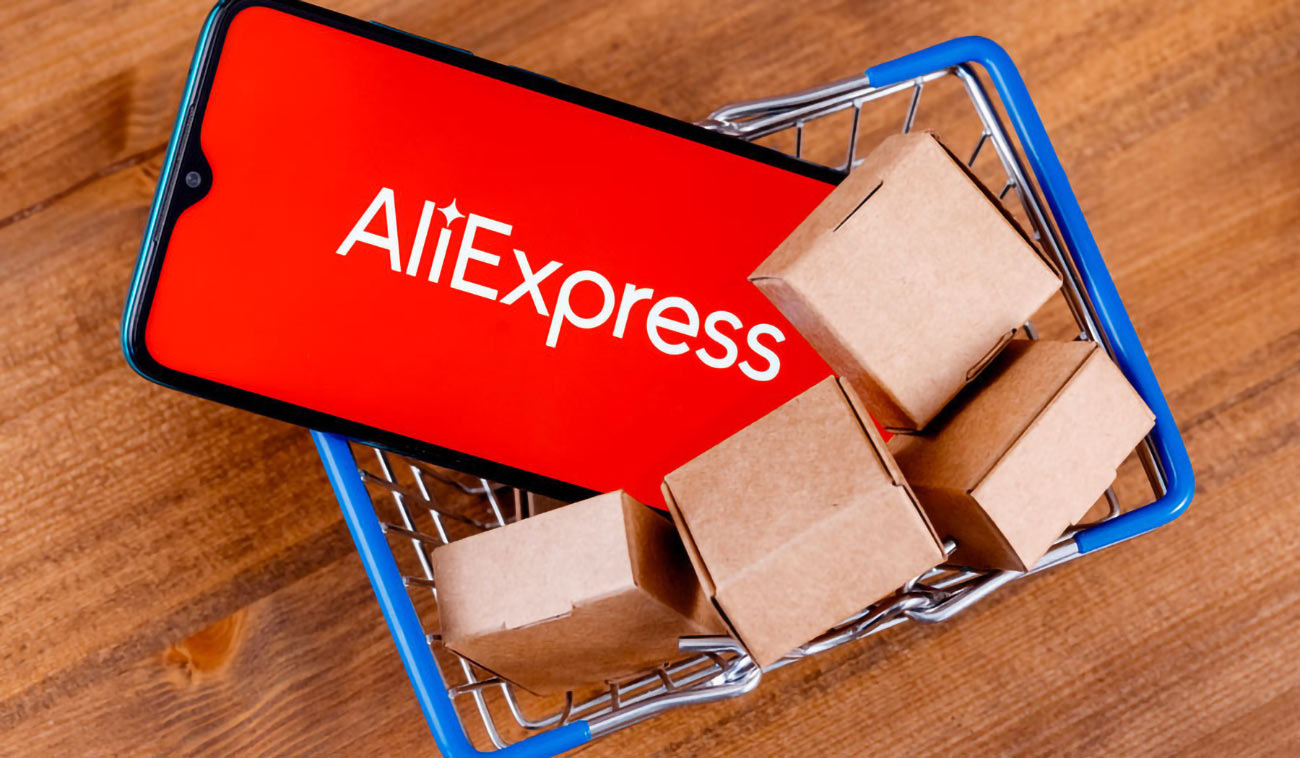What is restricted items list?

What is Restricted Items List?
When it comes to online shopping and shipping, understanding what constitutes a restricted items list is essential for both consumers and sellers. This list pertains to products that cannot be shipped or sold in certain regions or under specific conditions, often due to legal, regulatory, or safety reasons. In this article, we will delve into the intricacies of restricted items, why they exist, and how they affect your purchasing decisions.
The Importance of Recognizing Restricted Items
Consumers often find themselves confused when attempting to purchase goods online. To avoid potential disappointments or legal issues, it’s crucial to know what items are restricted in your region. By familiarizing yourself with the restricted items list, you can enhance your shopping experience and ensure that your orders are delivered smoothly.
What Products Typically Appear on the Restricted Items List?
The restricted items list varies by country and can encompass a wide array of products. Here’s a general overview of categories that frequently have items restricted:
- Hazardous Materials: Chemicals, explosives, and flammable items.
- Illegal Products: Drugs, counterfeit goods, and weapons.
- Perishable Goods: Certain food products that cannot be shipped unless specific conditions are met.
- Endangered Species: Items made from protected animals or plants.
- Live Animals: Regulations prevent the shipment of live animals across many borders.
These are just a few examples, but they highlight the necessity for companies and individuals to be aware of restrictions applicable to their purchases or sales.
Why Do Restricted Items Lists Exist?
There are several key reasons behind the establishment and enforcement of restricted items lists:
1. Safety Concerns
Many items can pose significant risks to public health and safety. Products containing toxic materials or those that can cause injury are often prohibited from shipping to protect consumers and the environment.
2. Legal Regulations
Governments impose restrictions to comply with domestic and international laws. This includes regulations on drugs, firearms, and items that could be potentially harmful or are illegal in certain jurisdictions.
3. Environmental Protection
Some products are restricted to protect endangered species and preserve biodiversity. Items derived from endangered plants or animals are often banned from international trade to combat illegal trafficking.
4. Ethical Considerations
Many online platforms have their own policies regarding restricted items based on ethical considerations, reinforcing a commitment to responsible selling and purchasing practices.
How to Check for Restricted Items When Shopping Online
Before making a purchase, especially from international sellers, consider these steps to check for restricted items:
- Review the Store’s Policy: Most online retailers will provide a list of restricted items.
- Check Local Regulations: Understanding your country’s import laws can help you avoid making prohibited purchases.
- Contact Customer Service: If unsure, don’t hesitate to reach out to the retailer’s customer service for clarification.
The Role of Shipping Companies and Restricted Items
Shipping companies play a crucial role in enforcing restricted items lists. These companies are responsible for complying with government regulations and often have specific policies on what items they will transport.
What Happens When You Order a Restricted Item?
If you attempt to order a restricted item, several scenarios might unfold:
- Order Cancellation: Your order may be automatically canceled by the retailer.
- Return Procedures: If the item is shipped but flagged during the transit process, it may be returned to the sender or discarded.
- Legal Consequences: In some cases, attempting to import restricted items could lead to fines or legal action.
Types of Sellers Affected by Restricted Items Lists
Both individual sellers and businesses must adhere to restricted items lists. Here are some parties that are impacted:
1. Online Marketplaces
Platforms like eBay or Amazon have strict guidelines regarding what can be listed for sale. Sellers need to familiarize themselves with these rules to avoid penalties.
2. Small Businesses
Small businesses that sell products overseas must research and comply with regulations related to their inventory to ensure a smooth selling process.
3. Manufacturers
Manufacturers must be cautious about the materials they use, ensuring they comply with international trade laws and do not use restricted ingredients or components.
The Consequences of Ignoring the Restricted Items List
Neglecting to check the restricted items list can lead to several issues:
- Financial Loss: Investing in items that cannot be legally sold or shipped can result in wasted funds.
- Reputation Damage: Sellers can tarnish their brand reputation if found selling prohibited items.
- Legal Repercussions: Engaging in the sale or transport of restricted items can lead to severe legal consequences.
How to Navigate Restrictions as a Seller
Sellers must be proactive in ensuring their products comply with restricted items guidelines. Here’s how to navigate these restrictions effectively:
1. Educate Yourself
Stay informed about the laws and regulations surrounding your products, including any changes that may occur.
2. Proper Labeling
Ensure that all your products are correctly labeled with any necessary warnings or disclaimers related to restricted items.
3. Work with Legal Experts
If needed, consult with legal experts who specialize in trade laws to ensure full compliance.
4. Update Your Inventory Regularly
Regularly review your inventory to ensure that none of your products fall under restricted categories.
Conclusion
Understanding what constitutes a restricted items list is critical for both consumers and sellers in the online marketplace. By being proactive and informed about these restrictions, you can ensure a smooth shopping experience and adhere to legal obligations. Whether you’re a buyer eager to explore new products or a seller looking to expand your inventory, knowledge of restricted items will help avoid complications and foster responsible commerce.

LINK:
When exploring online marketplaces or shipping services, understanding the restricted items list is crucial for both buyers and sellers. This list comprises products that cannot be shipped, sold, or advertised due to legal regulations, safety concerns, or company policies. Knowing these restrictions helps prevent potential issues, such as delays or penalties. By familiarizing yourself with this list, you can make informed purchasing decisions and ensure a smoother transaction experience. Always check the specific platform’s guidelines to avoid inconveniences and protect your investments.
Frequently Asked Questions
What types of items are typically on the restricted items list?
The restricted items list generally includes hazardous materials, illegal goods, and certain electronics. Common examples are explosive devices, firearms, synthetic drugs, live animals, and counterfeit products. Additionally, items that pose health risks, like perishable foods or products containing dangerous chemicals, are often restricted.
Why is it important to check the restricted items list before purchasing?
Checking the restricted items list is essential to avoid complications during shipping or purchasing. You may face delays, fines, or even legal consequences if you attempt to buy or ship a restricted item. Awareness leads to smoother transactions and protects your investment.
Can I appeal a restriction on a specific item?
In some cases, you can appeal restrictions by contacting the marketplace or shipping service’s customer support. Submitting additional documentation or proof of legitimacy for certain items may result in an exemption. However, this process varies across platforms and is not guaranteed.
Are restricted items the same on every platform?
No, restricted items may differ from one platform to another due to varying policies, legal regulations, and safety standards. It’s crucial to review each platform’s specific guidelines before buying or selling items to ensure compliance and avoid issues.
What should I do if I accidentally purchase a restricted item?
If you accidentally purchase a restricted item, contact customer service immediately to inquire about returning it. Many platforms have return policies for such situations, but you must act quickly to resolve the issue and avoid further complications.



